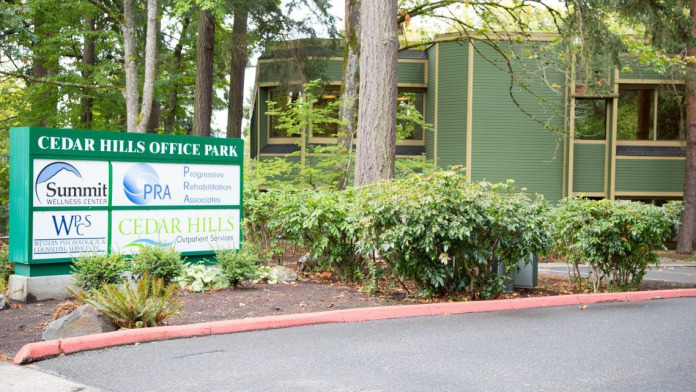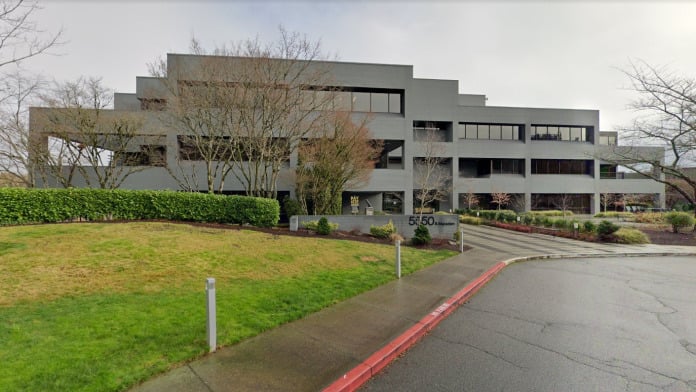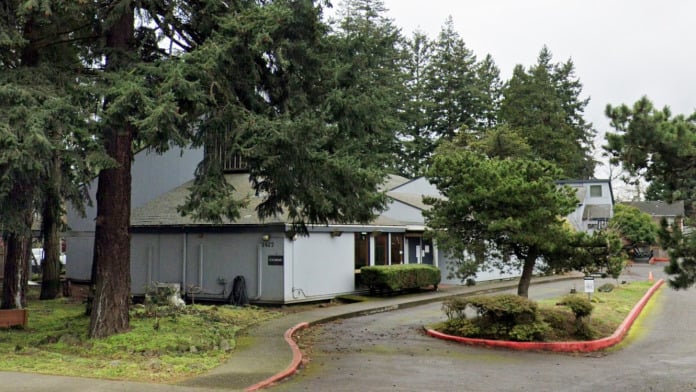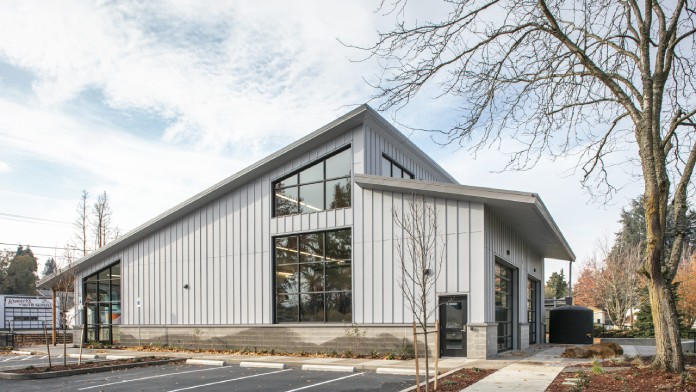I've witnessed people seeking help at Cascadia in crisis situations and not receiving care just because their insurance didn't go through. It's obvious that they only care about the bottom line. It's also very hard to find a permanent counselor that will give you the medicat ...
About Cascadia Plaza Health Center – SE Portland
Cascadia Plaza Health Center’s SE Portland facility provides addiction recovery services, including treatment for gambling, in Portland, Oregon. The city is known for its eclectic culture and commitment to sustainability. The area has a thriving arts community and iconic spots like the International Rose Test Garden, a renowned public garden dedicated to testing and showcasing new rose varieties.
Identifying Past Traumas Improves Treatment
They provide alcohol and drug treatment services for adults and use in an outpatient setting. The objective is to help you cope with past traumas that may be at the root of your substance use disorder as well as educate you on the effects that substances have on your mental, emotional, and physical health.
Your program typically includes relapse prevention programming and evidence-based treatments that help you address negative thoughts that trigger damaging behaviors. This includes relationships that are often damaged when you are addicted to drugs or alcohol.
They provide medications supported recovery, also known as medication assisted treatment for people who use opioids or methamphetamine. This is provided alongside counseling in your substance use disorder treatment. While medication supported recovery helps reduce cravings and relapse, it is not an easy button and must be used with evidence-based treatment programs that help you address the triggers and reasons behind your addiction.
Gambling Addiction Treatment
They welcome referrals from other organizations or you can call them directly to get services for yourself. If an evaluation demonstrates that you require a higher level of care, you will be referred to a community partner until they can accommodate your care on your recovery journey.
In addition to substance addiction treatment, they also offer treatment for gambling addictions that typically interfere with your finances, relationships, and life. Stress from a gambling addiction can also increase your risk for substance abuse. They work with most insurance providers in the area and have a sliding scale fee available if you are uninsured and you qualify.
Latest Reviews
Rehab Score
Gallery
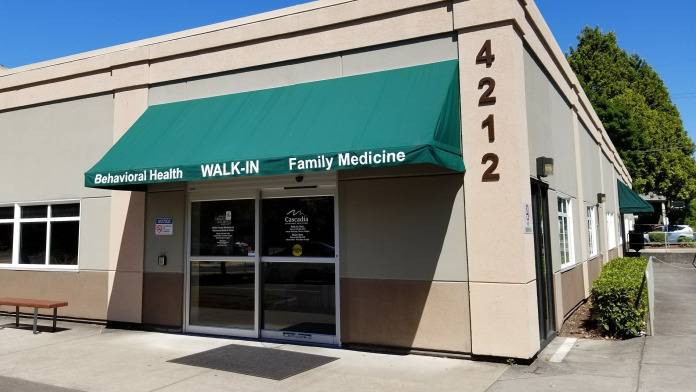
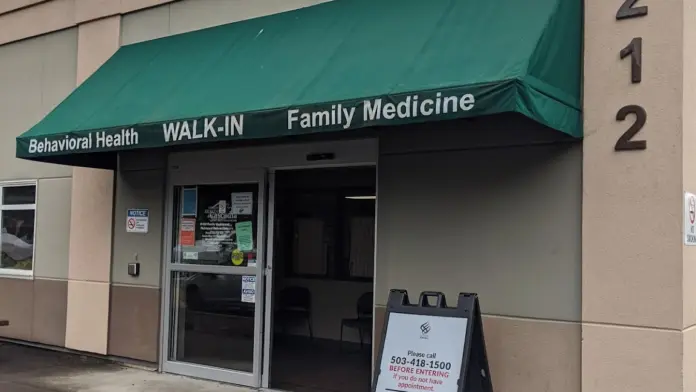
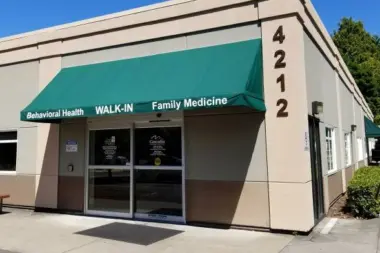
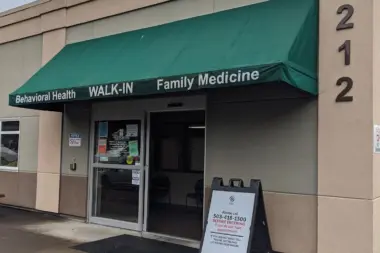
Accepted Insurance
Other Forms of Payment
Medicaid is a state based program that helps lower-income individuals and families pay for healthcare. Medicaid covers addiction treatment so those enrolled can use their coverage to pay for rehab. When a program accepts Medicaid the client often pays very little or nothing out of their own pocket.
Private insurance refers to any kind of healthcare coverage that isn't from the state or federal government. This includes individual and family plans offered by an employer or purchased from the Insurance Marketplace. Every plan will have different requirements and out of pocket costs so be sure to get the full details before you start treatment.
Self-pay involves paying for treatment out of your own pocket. You can use savings or credit, get a personal loan, or receive help from family and friends to fund your treatment. If you don't have insurance or your insurance plan doesn't cover a specific program, self-pay can help ensure you still get the care you need.
Medicare is a federal program that provides health insurance for those 65 and older. It also serves people under 65 with chronic and disabling health challenges. To use Medicare for addiction treatment you need to find a program that accepts Medicare and is in network with your plan. Out of pocket costs and preauthorization requirements vary, so always check with your provider.
Addiction Treatments
Levels of Care
Outpatient Programs (OP) are for those seeking mental rehab or drug rehab, but who also stay at home every night. The main difference between outpatient treatment (OP) and intensive outpatient treatment (IOP) lies in the amount of hours the patient spends at the facility. Most of the time an outpatient program is designed for someone who has completed an inpatient stay and is looking to continue their growth in recovery. Outpatient is not meant to be the starting point, it is commonly referred to as aftercare.
Medical detox is the process of weaning your body off drugs and/or alcohol under 24/7 medical supervision. Suddenly stopping use of addictive substances can have negative side effects, and in severe cases, it can be extremely dangerous or deadly. In an inpatient environment, a medically assisted detox provides you with a team of medical professionals whose job is to help alleviate potential withdrawal symptoms and keep you safe and comfortable. After this process, you'll likely transition to an inpatient treatment program or other form of continued care.
Treatments
Many of those suffering from addiction also suffer from mental or emotional illnesses like schizophrenia, bipolar disorder, depression, or anxiety disorders. Rehab and other substance abuse facilities treating those with a dual diagnosis or co-occurring disorder administer psychiatric treatment to address the person's mental health issue in addition to drug and alcohol rehabilitation.
Mental health rehabs focus on helping individuals recover from mental illnesses like bipolar disorder, clinical depression, anxiety disorders, schizophrenia, and more. Mental health professionals at these facilities are trained to understand and treat mental health issues, both in individual and group settings.
Programs
Adult rehab programs include therapies tailored to each client's specific needs, goals, and recovery progress. They are tailored to the specific challenges adult clients may face, including family and work pressures and commitments. From inpatient and residential treatment to various levels of outpatient services, there are many options available. Some facilities also help adults work through co-occurring conditions, like anxiety, that can accompany addiction.
Young adulthood can be an exciting, yet difficult, time of transition. Individuals in their late teens to mid-20s face unique stressors related to school, jobs, families, and social circles, which can lead to a rise in substance use. Rehab centers with dedicated young adult programs will include activities and amenities that cater to this age group, with an emphasis on specialized counseling, peer socialization, and ongoing aftercare.
Clinical Services
In individual therapy, a patient meets one-on-one with a trained psychologist or counselor. Therapy is a pivotal part of effective substance abuse treatment, as it often covers root causes of addiction, including challenges faced by the patient in their social, family, and work/school life.
Trauma therapy addresses traumatic incidents from a client's past that are likely affecting their present-day experience. Trauma is often one of the primary triggers and potential causes of addiction, and can stem from child sexual abuse, domestic violence, having a parent with a mental illness, losing one or both parents at a young age, teenage or adult sexual assault, or any number of other factors. The purpose of trauma therapy is to allow a patient to process trauma and move through and past it, with the help of trained and compassionate mental health professionals.
Staff

Derald R. Walker, PhD
President & CEO

Bukhosi Dube, MD
Chief Medical Officer

Beth Epps, MEd
Chief Community Solutions Officer
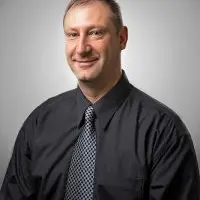
Barry Gault, CPA
CFO

Eric Sevos, LCSW
COO

Alana Silverman, BA
Chief People Officer

April Sweeney, MD
Chief of Psychiatry
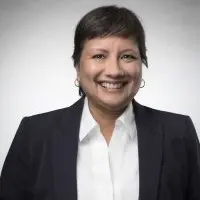
Sandra Wilborn, MS
Chief Equity, Diversity & Inclusion Officer
Contact Information
4212 SE Division St
Portland, OR 97206





